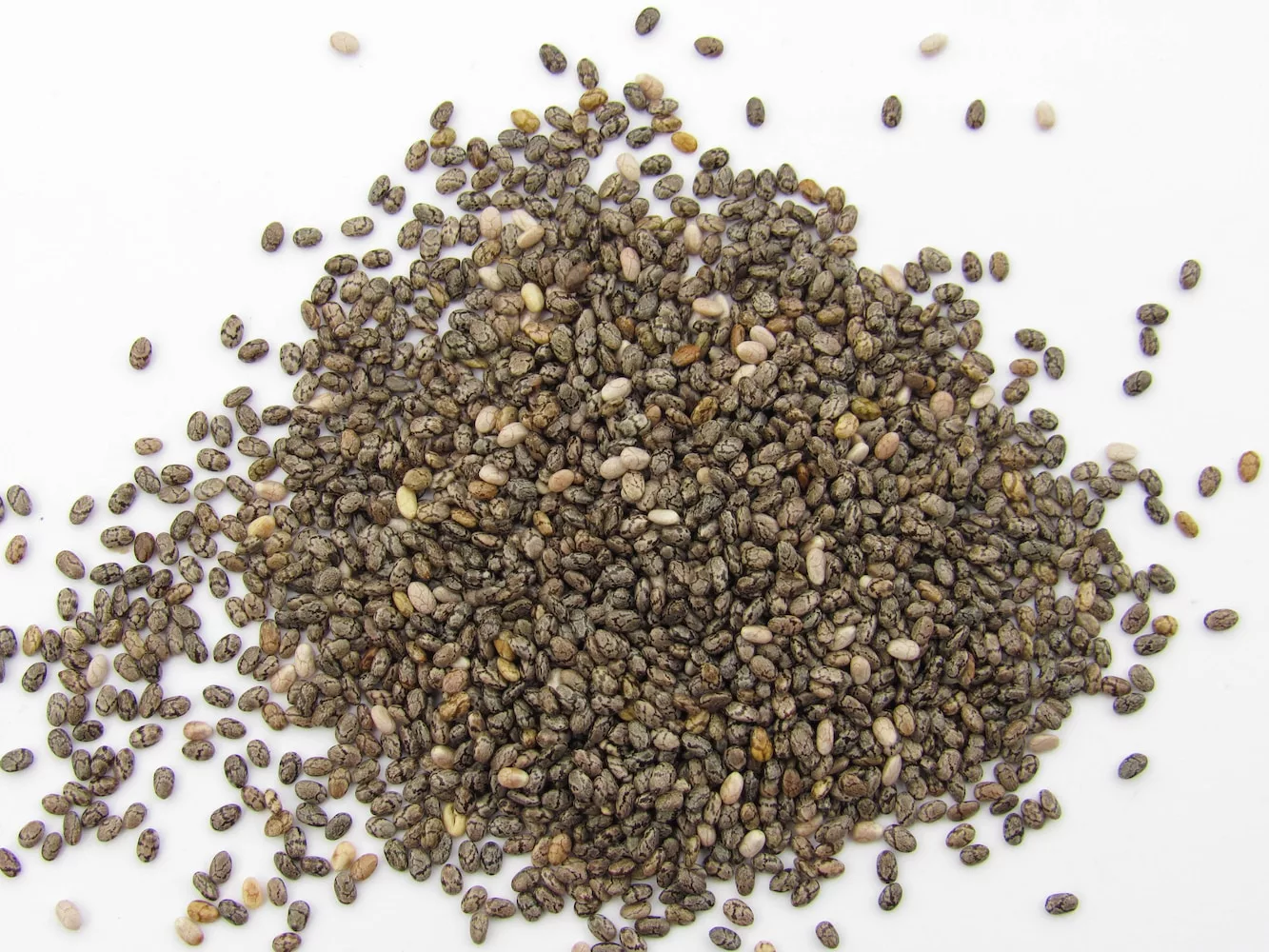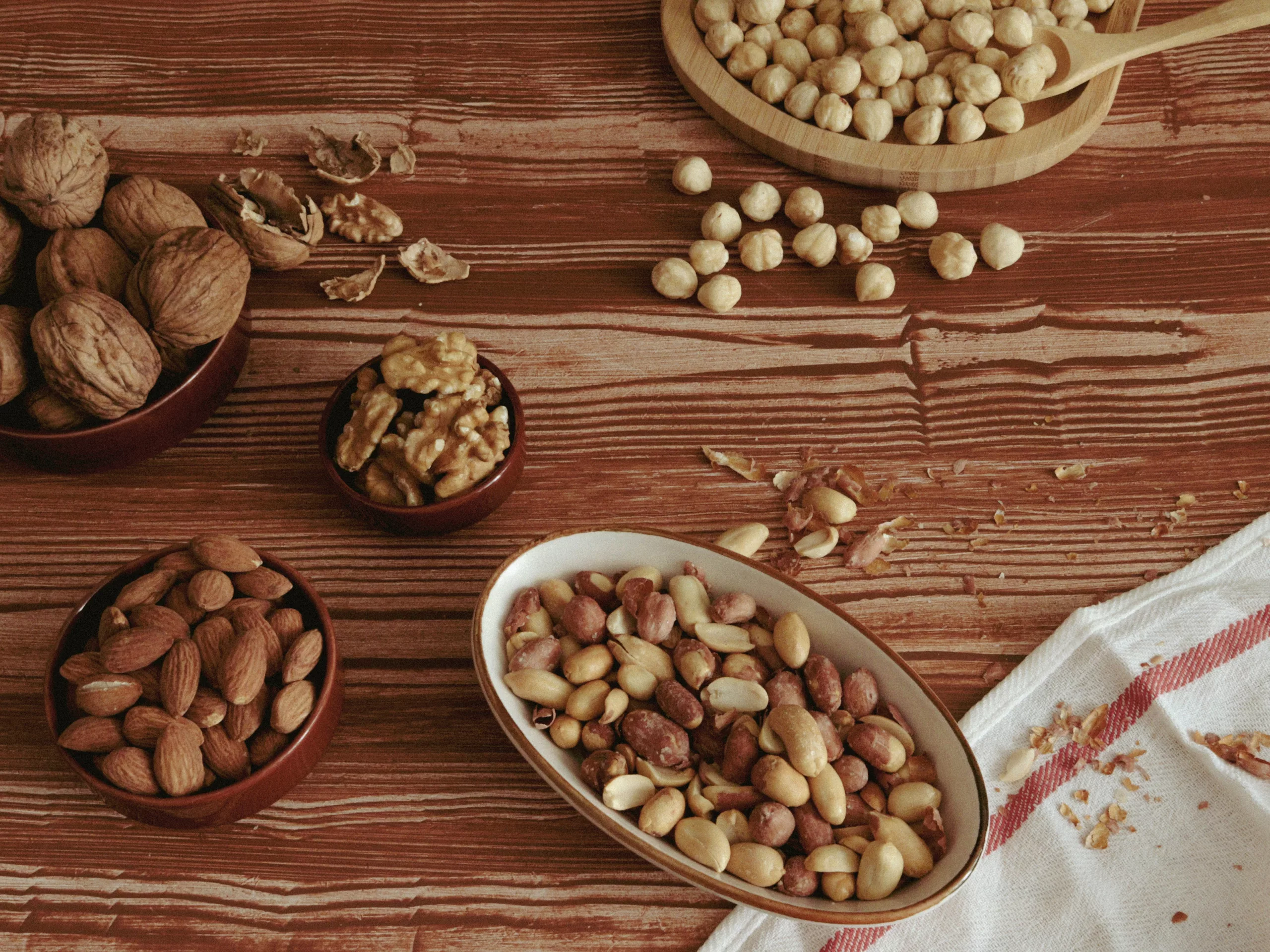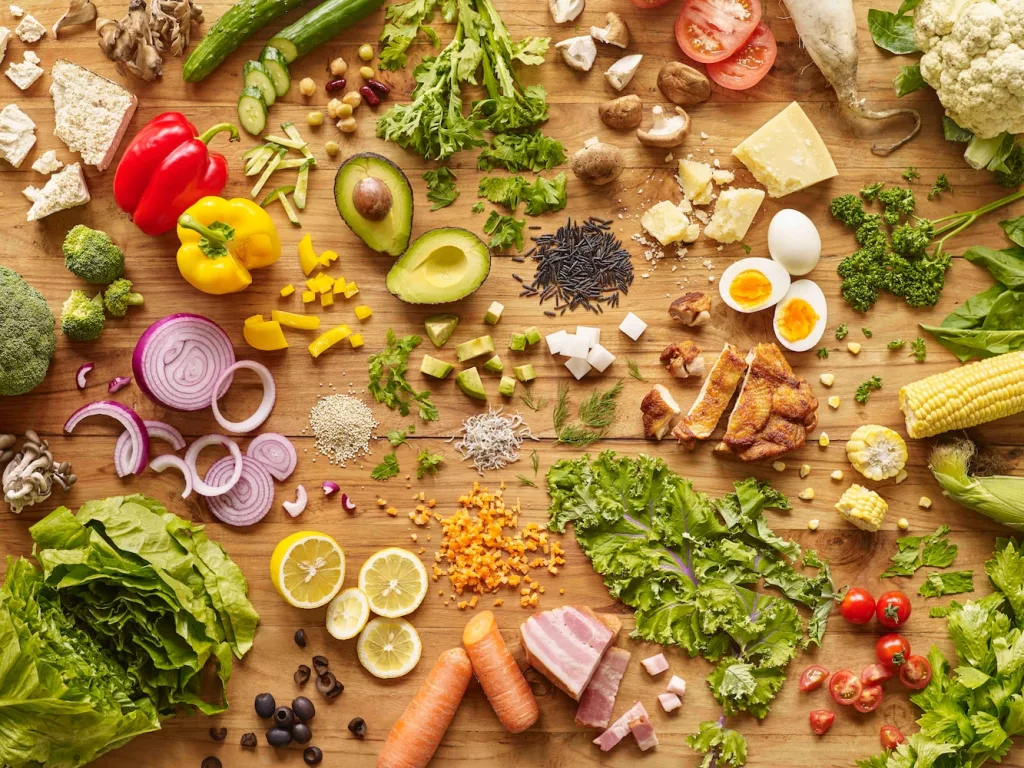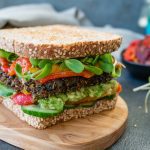Constipation can be an uncomfortable and frustrating condition that affects people of all ages. While there are various causes of constipation, including a lack of physical activity, dehydration, and certain medications, one of the most significant factors is a diet low in fiber. Fiber plays a crucial role in promoting healthy digestion and regular bowel movements.
If you’re dealing with constipation, incorporating certain foods into your diet can help alleviate symptoms and get things moving smoothly. In this article, we’ll explore a range of fiber-rich foods that can provide relief and improve your overall digestive health.
Here’s The List Of 7 Fiber-Rich Foods:
1. Prunes
Prunes, also known as dried plums, are a natural and effective remedy for constipation. They are rich in dietary fiber, sorbitol, and phenolic compounds that act as natural laxatives, stimulating bowel movements. Consuming a few prunes a day or drinking prune juice can provide gentle relief and improve regularity.
2. Chia Seeds
Chia seeds are a nutritional powerhouse that can help combat constipation. These tiny seeds are packed with fiber, including both soluble and insoluble varieties. When soaked in water, chia seeds form a gel-like consistency, which helps to soften the stool and promote regular bowel movements. Add them to your smoothies, yogurt, or sprinkle them over your cereal to increase your fiber intake.

RELATED: Why Does The Health Benefits Of Chia Seeds Important?
3. Leafy Green Vegetables
Leafy greens, such as spinach, kale, and Swiss chard, are excellent sources of fiber and contain various nutrients beneficial for digestive health. These vegetables are high in magnesium, which helps relax the muscles in the gastrointestinal tract and promote regular bowel movements. Including a variety of leafy greens in your meals can help keep constipation at bay.
4. Whole Grains
Whole grains like oats, brown rice, quinoa, and whole wheat bread are rich in dietary fiber, providing bulk to the stool and aiding digestion. Consuming these fiber-rich grains can help regulate bowel movements and prevent constipation. Replace refined grains with whole grain options to maximize the fiber content in your diet.
5. Legumes
Legumes, including beans, lentils, and chickpeas, are not only an excellent plant-based protein source but also rich in fiber. They contain a combination of soluble and insoluble fiber, making them ideal for maintaining regular bowel movements. Introduce legumes into your diet gradually to allow your body to adjust to the increased fiber intake.

6. Fruits
Certain fruits are particularly effective in relieving constipation. Apples, pears, berries, and oranges contain high amounts of fiber and water, aiding in digestion and softening the stool. Incorporate these fruits into your daily routine or enjoy them as a refreshing snack to combat constipation naturally.
7. Flaxseeds
Flaxseeds are an excellent source of dietary fiber and contain both soluble and insoluble types. They also have a lubricating effect, making it easier for the stool to pass through the intestines. Grinding flaxseeds before consumption ensures optimal absorption of nutrients. Add them to smoothies, sprinkle on yogurt, or incorporate them into baked goods.
RELATED: The Best Foods to Eat If You Have Acid Reflux
Conclusion
When it comes to relieving constipation, making dietary adjustments is an effective and natural approach. Incorporating fiber-rich foods like prunes, chia seeds, leafy green vegetables, whole grains, legumes, fruits, and flaxseeds into your meals can help alleviate constipation and promote regular bowel movements.
Remember to increase your water intake alongside consuming fiber-rich foods to maintain hydration, as dehydration can worsen constipation. If constipation persists or becomes chronic, it’s important to consult a healthcare professional for a thorough evaluation and personalized advice. By prioritizing a fiber-rich diet, you can support a healthy digestive system and enjoy improved overall well-being.
Did you find this helpful? Let us know in the comments.
Disclaimer: This is for informational purposes only.
You might also like:
- Boost Your Immune System: 10 Powerful Drinks For Your Body
- The Perfect Pair: Watermelon and Cucumber – A Refreshing Delight
- 10 Amazing Super Seeds for a Healthy Lifestyle
- Pineapple in Your Diet: 10 Compelling Reasons Why You Should Eat Pineapple
- 7 Signs That You’re Dehydrated: Listen to Your Body’s Cry for Water








